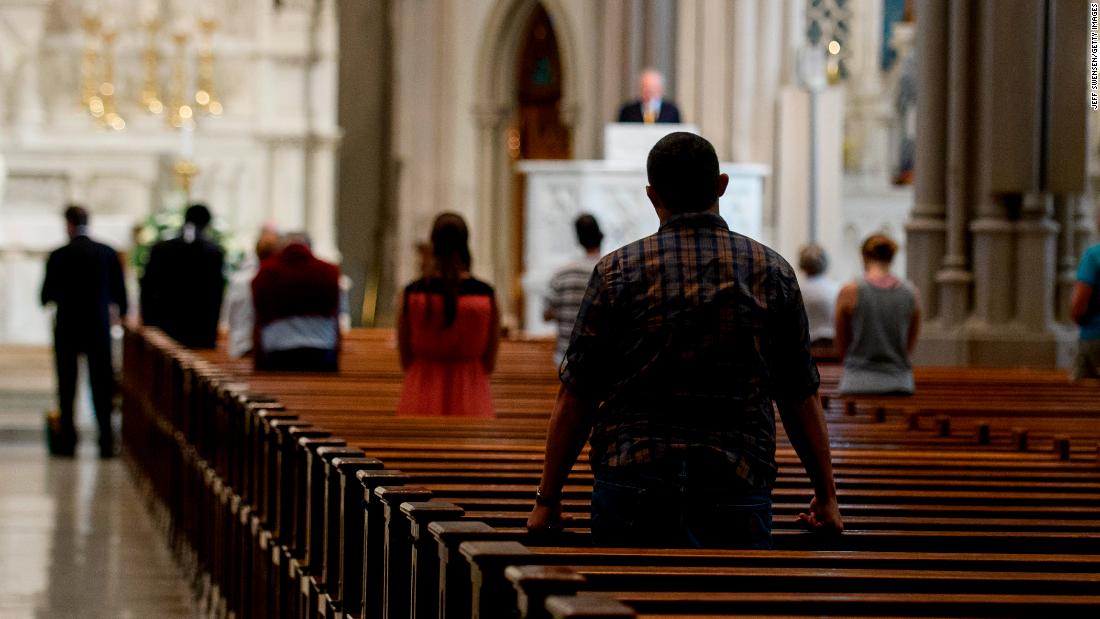[ad_1]
Even people who have close relationships with priests and bishops they have known and trusted for years might emotionally struggle with the idea that this church can continue to provide guidance on sexual morality. It’s not necessarily a logical response; sexual abuse is a crime of power and exploitation. But it is an understandable one.
The Catholic Church, as virtually all religions, exhorts believers to a high standard of sexual behavior. Like every human behavior, but even more so, sex is supposed to abide by the law of love. Our actions must positively promote human well-being, by empowering people to be who God made them to be. The law of love also contains a duty of special care to the vulnerable, especially children. And regarding sexual behavior in particular — which is so fraught with meaning, and so prone to exploitation — the Catholic Church is insistent that because sex makes babies, the well-being of born and unborn children should always be kept in mind in connection with every sexual relationship.
But assuming the truth of the grand jury report, many Catholic priests and bishops violated every one of these rules, to a staggering degree. So what will Catholic families do with their thorny questions about sex in a world busy hypersexualizing their kids, retreating from marriage, and too often ridiculing morality that links sex with marriage and children?
I am frankly of two minds on this question. Some Catholics will firmly, explicitly close the door on Catholic sources of sexual morality, yes. And it will be difficult or impossible to woo them back.
But speaking as a Catholic mother of long experience with Catholic parishes and schools, and speaking as a family scholar who has visited and addressed Catholics in nearly every US diocese over the last 30 years, this first group may not represent the majority of Catholics.
Many of the laity have therefore appropriated Catholic teachings for themselves in order to secure their own happiness and freedom and that of their children. It’s a jungle out there as a Catholic parent, and if you don’t have a reasonable, compassionate reply to your kids, you’re pretty much toast when it comes to passing on Catholic morality.
Second, I don’t think the majority of Catholics were looking to particular priests or bishops for their sexual morality. Most Catholics don’t read encyclicals, bishops’ pastoral letters, or their local Catholic paper. Most homilies are not about sexual morality. And from personal experience, the homilies that do touch upon it are not grappling with especially young adults’ urgent and foundational questions: Why is sex more than recreation? Why is marriage more loving than cohabitation? How can I welcome children in the world as it is today?
The Catholic Church has no one to blame but itself for the loss of trust the Pennsylvania report will provoke. At the same time, however, in a world of expert, lay-Catholic initiatives framing and teaching the beauty of Catholic sexual morality, some Catholics will continue to hold themselves to these standards, and to pass them on to their children.
[ad_2]
Source link


